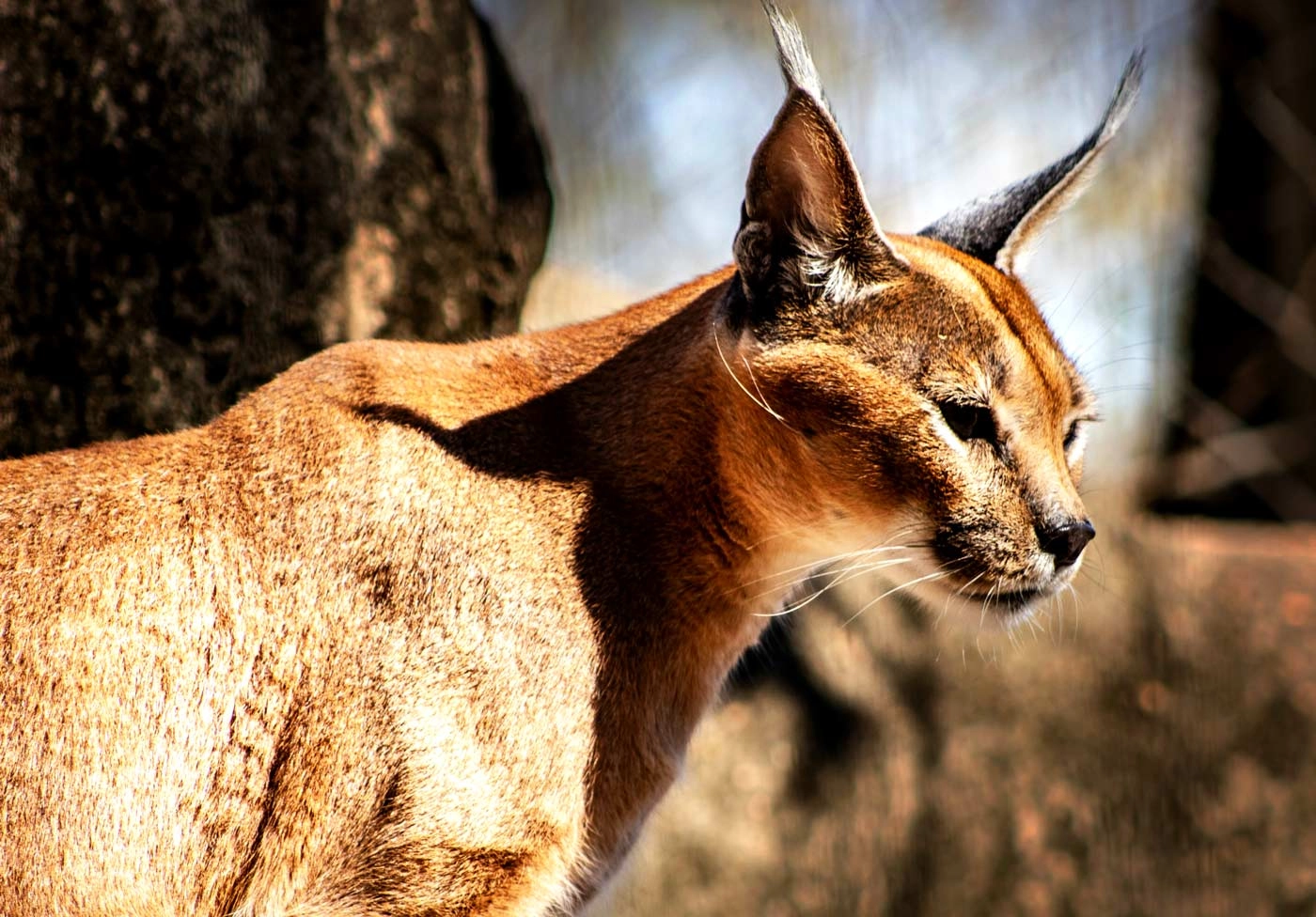Wild Cat Kept as Pet in Private Residence
A desert lynx, also known as a caracal, was discovered being kept as a pet in a private residence in Funchal. The wild cat, native to Africa and Asia, was found living in a cage on the property during an operation conducted by the GNR (National Republican Guard) in conjunction with the Institute of Forests and Nature Conservation.
How Did the Lynx Arrive in Madeira?
Authorities are unsure how the caracal arrived on the island, but it is suspected that it was transported by sea. The fate of the lynx remains uncertain as investigations continue.
A Lynx Is A Wild But Adaptable Feline
While the caracal is a wild animal, it is known for its adaptability and is even kept as a pet in some countries. Authorities have confirmed that the particular lynx species is not considered endangered, and authorities have prioritized the animal's well-being throughout the operation.
Why A Lynx Should Not Be Considered A Pet
A lynx is a wild animal, and there are several reasons why it's not suitable to be kept as a pet:
Legal Restrictions: In most places, it's illegal to own a lynx as a pet without special permits and licenses due to their status as wild animals. These permits are often difficult to obtain and require specific enclosures and care standards.
Specialized Care: Lynxes have specific dietary and environmental needs that are challenging to replicate in a domestic setting. They are carnivores requiring a diet of raw meat, and they need large, secure enclosures to roam and exhibit natural behaviors.
Safety Concerns: Lynxes are powerful predators with sharp claws and teeth. They can be unpredictable and potentially dangerous, posing a risk to their owners, other pets, and even people in the surrounding community.
Ethical Considerations: Keeping wild animals as pets can be detrimental to their well-being. Lynxes are adapted to live in the wild and may suffer from stress, boredom, and health issues when confined to a domestic environment.
Conservation Impact: Removing lynxes from the wild can negatively impact their populations and ecosystems. They play important roles as predators, helping to maintain ecological balance.
While lynxes may seem fascinating and exotic, they are not domesticated but wild animals. It's important to respect their nature and allow them to thrive in their natural habitats.








Comments